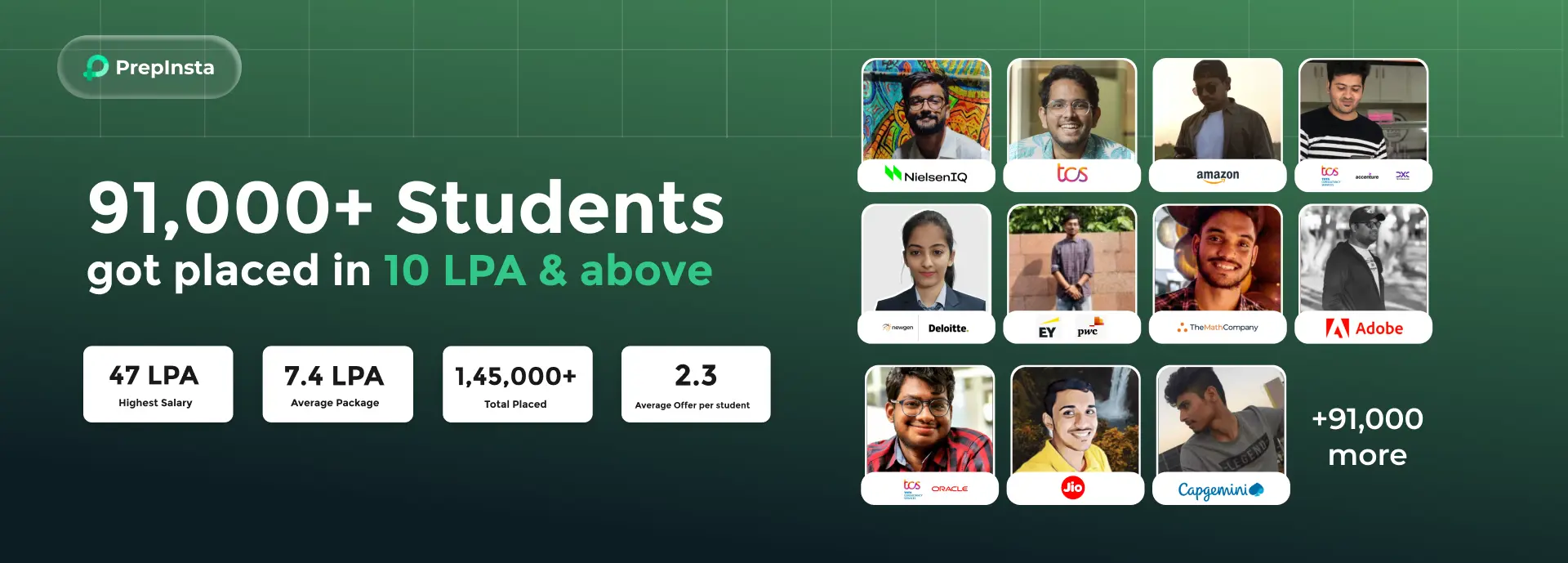The catastrophic monsoon floods in Kerala and parts of Karnataka have revived the debate on whether political expediency trumped science. Seven years ago, the Western Ghats Ecology Expert Panel issued recommendations for the preservation of the fragile western peninsular region. Madhav Gadgil, who chaired the Union Environment Ministry’s WGEEP, has said the recent havoc in Kerala is a consequence of short-sighted policymaking, and warned that Goa may also be in the line of nature’s fury. The State governments that are mainly responsible for the Western Ghats — Kerala, Karnataka, Tamil Nadu, Goa and Maharashtra — must go back to the drawing table with the reports of both the Gadgil Committee and the Kasturirangan Committee, which was set up to examine the WGEEP report. The task before them is to initiate correctives to environmental policy decisions. This is not going to be easy, given the need to balance human development pressures with stronger protection of the Western Ghats ecology. The issue of allowing extractive industries such as quarrying and mining to operate is arguably the most contentious. A way out could be to create the regulatory framework that was proposed by the Gadgil panel, in the form of an apex Western Ghats Ecology Authority and the State-level units, under the Environment (Protection) Act, and to adopt the zoning system that it proposed. This can keep incompatible activities out of the Ecologically Sensitive Zones (ESZs).
At issue in the Western Ghats — spread over 1,29,037 sq km according to the WGEEP estimate and 1,64,280 sq km as per the Kasturirangan panel — is the calculation of what constitutes the sensitive core and what activities can be carried out there. The entire system is globally acknowledged as a biodiversity hotspot. But population estimates for the sensitive zones vary greatly, based on interpretations of the ESZs. In Kerala, for instance, one expert assessment says 39 lakh households are in the ESZs outlined by the WGEEP, but the figure drops sharply to four lakh households for a smaller area of zones identified by the Kasturirangan panel. The goal has to be sustainable development for the Ghats as a whole. The role of big hydroelectric dams, built during an era of rising power demand and deficits, must now be considered afresh and proposals for new ones dropped. Other low-impact forms of green energy led by solar power are available. A moratorium on quarrying and mining in the identified sensitive zones, in Kerala and also other States, is necessary to assess their environmental impact. Kerala’s Finance Minister, Thomas Isaac, has acknowledged the need to review decisions affecting the environment, in the wake of the floods. Public consultation on the expert reports that includes people’s representatives will find greater resonance now, and help chart a sustainable path ahead.
Which among the following should be the course of action of the government in order to ensure that the Western Ghats Area is preserved properly?
- There should be the utilization of various clean sources of energy such as solar power in the area
- There should not be any restriction in mining activities as well as quarrying activities in the area
- There should not be new construction of hydroelectric dams in the area from now onwards



 0
0






 Instagram
Instagram Whatsapp
Whatsapp Telegram
Telegram Linkedin
Linkedin






